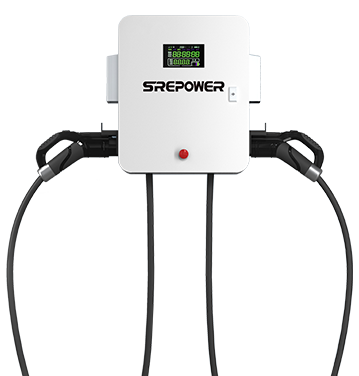Welcome to your definitive guide to battery swapping stations in Delhi, where innovation meets convenience. As the capital embraces electric mobility, Delhi’s network of smart swap stations is rapidly expanding, offering fast, reliable solutions for two- and four-wheelers. Discover how these battery swapping stations in Delhi not only reduce downtime but also integrate IoT-based monitoring, cloud management, and safety certifications—empowering commuters and fleet operators with a seamless, green energy experience.
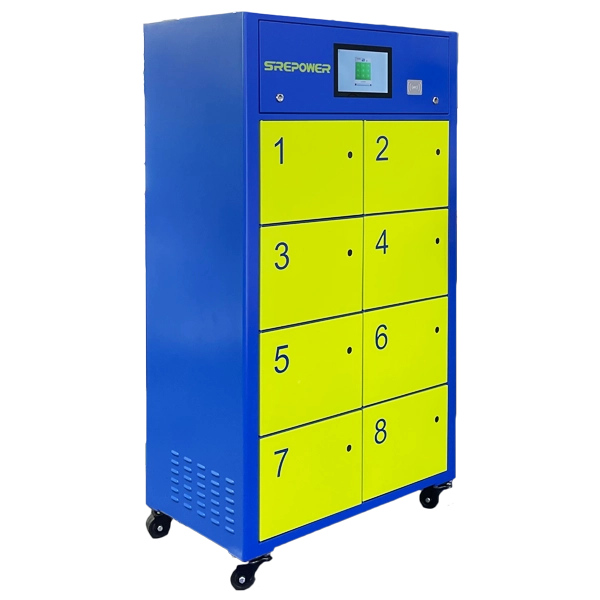

Since 2018, the Indian government has vigorously promoted electric mobility, explicitly incentivizing battery-swap models under its National Electric Mobility Mission Plan. By the end of 2024, India boasts over 500 public battery-swap stations nationwide, covering major metros such as Mumbai, Bangalore, and Delhi. Under the “Delhi Electric Mobility Programme,” state authorities have offered subsidies and prime land allotments, attracting companies like SRE Power and ION Energy to deploy swap stations across the capital.
Technologically, India’s swap stations are evolving from purely mechanical battery exchanges to fully intelligent systems: they now feature RFID/NFC-based battery identification, 4G/5G connectivity, real-time cloud monitoring, and remote OTA firmware upgrades. Operationally, providers are shifting from standalone swap kiosks to integrated “swap + charge + storage” ecosystems, partnering with ride-hailing services, logistics fleets, and shared-mobility operators to broaden usage scenarios.
Looking ahead, India aims to have 300 million electric vehicles on the road by 2030. Accompanied by aggressive national targets and state-level incentives, the battery-swap ecosystem is set for exponential growth. With its robust infrastructure and proactive policies, Delhi is poised to become the flagship region for battery swapping stations in Delhi, driving deep adoption across urban micro-mobility, last-mile delivery, and public transportation networks.




SRE Power, a Leading Innovator of EV Charging and Swap Station Solutions & Manufacturers since 2014, is headquartered in Shenzhen’s Tech City. Committed to “Safe Recharge E-mobility,” SRE Power combines over 50 R&D engineers with world-class manufacturing to deliver comprehensive charging solutions.
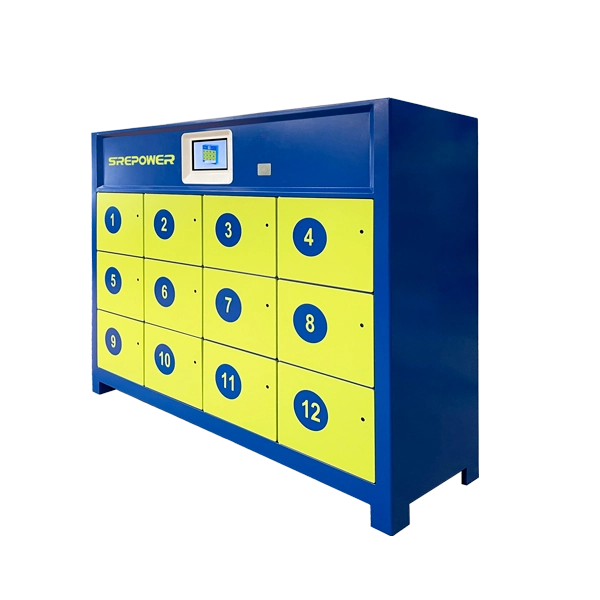
Fast – Flexible – Cloud‑Managed Battery Exchange for electric motorcycle, scooter, tricycle
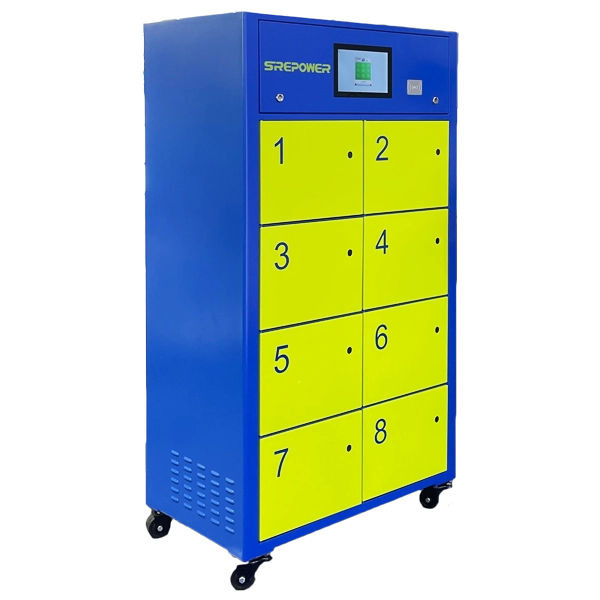
One-stop solution for convenient battery Exchange
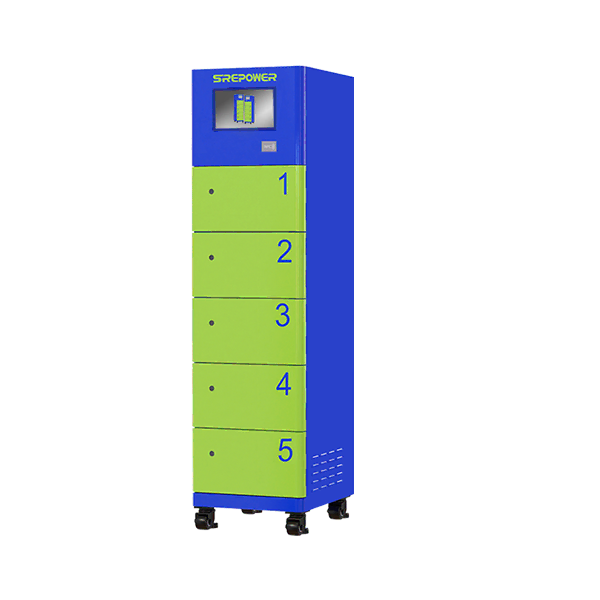
Rapid, Modular 5‑Slot Battery Exchange with Intelligent Cloud Management for Fleet Efficiency
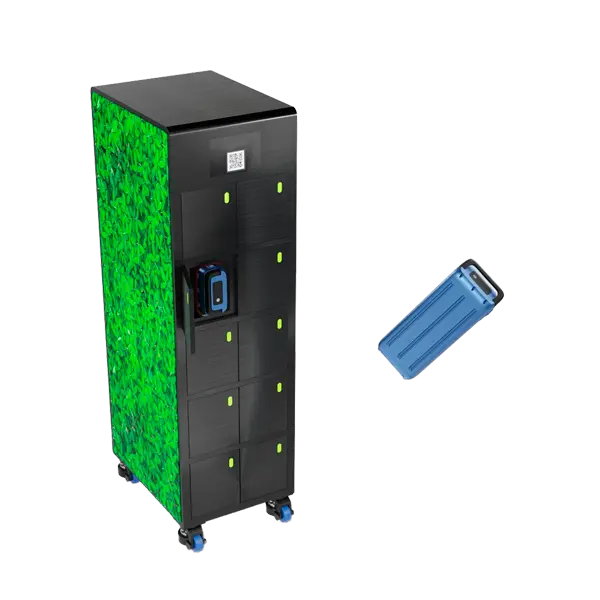
The Best Battery Swap Cabinet Solution Supplier in China
Shared Micromobility: Electric bike and scooter operators integrate swap cabinets for round-the-clock uptime, boosting rider satisfaction.
Last-Mile Logistics: Delivery fleets rapidly exchange batteries mid-route, reducing downtime and cutting operational costs.
Public Transport & Taxis: Partnerships with city bus services and e-taxi operators place swap stations at depots and transport hubs to minimize charging gaps.
Residential & Commercial Zones: Community parking lots and shopping centers feature swap stations for private EV owners’ emergency recharges.
Corporate Fleets: Industrial sites, security firms, and property managers deploy modular swap solutions for on-site vehicle batteries, streamlining energy procurement and cost control.
SRE Power’s flagship 5-/8-/10-/12-compartment Smart Swap Station series delivers:
Modular Scalability: Expandable from 4 to 24 slots, serving everything from shared scooters to delivery van fleets.
High-Power Output: Up to 16.8 kW per compartment supports large-format batteries for both two-wheelers and light four-wheelers.
Cloud-Based Management: Dual-protocol (MQTT & OCPP) connectivity enables remote diagnostics, usage analytics, and operator apps.
Seamless UX: Multi-modal user interfaces—NFC card, QR code scan, and mobile app—ensure intuitive operation.
Optimal ROI: In-house hardware manufacturing and streamlined supply chains drive down CapEx and OpEx for swap-station operators.
Typical swap fees range from ₹20 to ₹50 per session (≈₹0.8–₹1.2/kWh), varying by region and battery capacity.
As of December 2024, India has over 500 public swap stations, with approximately 50 located in Delhi.
An intelligent kiosk that allows EV users to quickly exchange depleted batteries for fully charged ones.
Identification and exchange complete in 10–20 seconds, far quicker than conventional charging sessions.
Yes—every battery meets ISO and CE standards and is continuously health-monitored via IoT sensors.
Stations are concentrated at transport hubs, major commercial districts, and residential complexes—viewable via operator apps.
Users pay via NFC, app wallets, or integrated APIs for corporate billing; both prepaid and postpaid models are supported.
Compatible own-brand batteries may be accepted after an initial port-compatibility check.
Real Estate & Site Acquisition
High land costs and complex zoning in Delhi make securing prime swap-station locations challenging and expensive.
Standardization & Interoperability
Diverse battery form factors and lack of unified technical standards increase design complexity and inventory costs.
Grid Integration & Tariff Structures
Rapid charge/discharge events strain local transformers without paired storage, while Delhi’s variable tariff regimes complicate operating expenses.
User Awareness & Trust
Educating riders and fleet managers about swap-station reliability and battery quality assurances is critical to adoption.
Upfront Investment vs. ROI
High CapEx for cabinets and battery assets yields longer payback periods, making projects sensitive to government subsidies.
Policy & Incentive Volatility
Shifts in state or central EV incentives can impact project economics, requiring agile business models.
Operations & Safety Compliance
Ensuring routine maintenance, high-temperature season safety checks, and qualified technicians adds to overhead.
Competitive Business Models
Segment-specific operators (shared-mobility, logistics, taxis) have different service-level agreements, demanding bespoke commercial frameworks.
Battery End-of-Life Management
Developing a robust recycling and second-life ecosystem for swapped batteries remains an industry-wide imperative.
Data Security & Privacy
Protecting rider, fleet, and battery-health data against cyber-threats is essential as swap stations become networked smart-devices.
Selecting a battery swapping station manufacturer in Delhi requires a thorough evaluation across multiple dimensions:
Technical Maturity & Innovation
Partner with vendors boasting robust R&D capabilities and a track record of continuous product evolution. For example, SRE Power’s dedicated team of 50+ engineers advances RFID, IoT monitoring, and cloud-platform features.
Compatibility & Modularity
Ensure the station supports diverse battery chemistries (36V–72V) and can scale compartment count (4–24 slots) to match evolving demand—minimizing future upgrade costs.
Safety & Quality Certifications
Verify CE, ISO 9001, IP65, and OCPP compliance. Confirm rigorous environmental testing (high-temperature, humidity, dust) to guarantee reliability in Delhi’s climate.
Deployment & After-Sales Support
Opt for manufacturers offering end-to-end services: site surveys, installation, staff training, and remote OTA updates. Rapid fault-response via SMS, email, and on-site engineers is critical for >99% uptime.
Manufacturing & Supply Chain Strength
Prefer companies with in-house production or stable partnerships—in SRE Power’s case, facilities in Dongguan (China), Malaysia, and Africa ensure consistent quality and lead times.
Local Service Footprint
Manufacturers with established North-India service centers and spare-parts depots can dramatically reduce Mean Time To Repair (MTTR).
Proven Case Studies
Evaluate successful deployments: look for partnerships with ride-hailing firms, public-transport agencies, and logistics operators in Delhi and beyond.
Smart Operations Platform
The ideal vendor provides a cloud dashboard for real-time monitoring, utilization analytics, and API integration—enabling data-driven fleet management.
Total Cost of Ownership (TCO)
Conduct a detailed cost analysis incorporating CapEx (equipment, installation), energy expenses (peak vs. off-peak rates), and OpEx (maintenance, spare parts).
Future Expansion & Ecosystem Fit
Assess whether the station can evolve into a “swap + charge + storage” hub, aligning with Delhi’s broader EV infrastructure roadmap.
ION Energy
• Battery management specialists; modular swap stations integrated with advanced BMS; partnerships across shared-mobility.
Sun Mobility
• India’s homegrown leader; extensive swap-station network in multiple states; patented fast-swap tech for electric three-wheelers.
Lithium Urban Technologies
• Focused on urban bus and cargo fleets; offers turnkey swap solutions with proprietary fleet-management software.
Orix Auto Infrastructure Services
• Backed by an asset-finance giant; invests heavily in both swap and charge networks with strong funding.
Ather Energy
• Electric scooter OEM with in-house swap station R&D; seamless vehicle-station integration.
Mahindra Electric
• Auto conglomerate with swap offerings for commercial fleets; leverages existing dealership and service network.
Exicom Tele-Systems
• Specialist in EV infrastructure; dual-deployment of swap stations and fast-charging piles with telecom-grade reliability.
EVRE (Electric Vehicle Reverse Ecosystem)
• North India startup; emphasizes lightweight, modular cabinets; agile deployment in tier-2 cities.
OK Play
• Diversified consumer-product brand; small-format swap units tailored for rural and community micro-mobility projects.
SRE Power (Guangdong SRE Technology Ltd.)
• Established 2014; global manufacturing footprint; end-to-end IoT cloud stack; CE, ISO, OCPP certified.
Interested in swapping stations in delhi Contact us today to learn how our solutions can power your vehicles!
